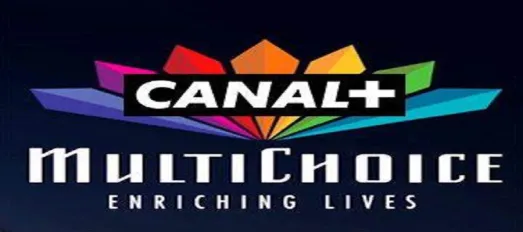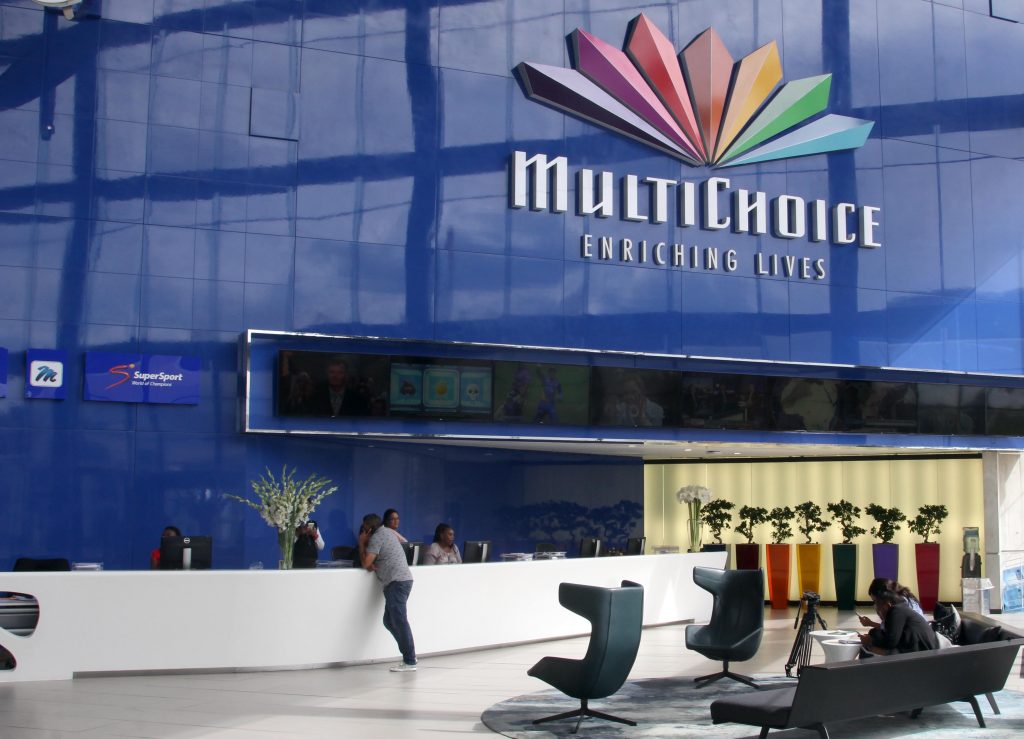Physical Address
60 Ekwema Cres, Layout 460281, Imo
Physical Address
60 Ekwema Cres, Layout 460281, Imo

MultiChoice is looking for new investors to change the terms of the Canal+ takeover offer. This comes after South Africa’s Competition Tribunal gave the green light for Canal+, a big French media company, to buy MultiChoice in a deal worth about $2 billion (35 billion rand). But because of South Africa’s rules, MultiChoice needs to make some changes before the sale can go ahead.
MultiChoice is looking for new investors to help with this. The law in South Africa says foreign companies cannot own more than 20% of the voting power in local broadcasters like MultiChoice. To follow this rule, MultiChoice is changing how it is organised. They will create a new company called LicenceCo, which will hold the broadcasting license. This new company will mostly be owned by Historically Disadvantaged Persons (HDPs) and the workers, meaning local people will have the majority ownership. This helps MultiChoice follow the South African laws while still moving forward with the sale.
Read Next: Spotify to Increase Subscription Plans in Nigeria by 9.1% Starting from September
In the new setup, MultiChoice won’t have full control but will hold 20% of the voting rights in LicenceCo and keep 49% of the economic benefits. They have also brought in new shareholders like Phuthuma Nathi Investments, 13th Ave Investments, Identity Partners, and others, who will have similar rights as current investors. Phuthuma Nathi, which supports black economic empowerment, will increase its share in Orbicom, a part of MultiChoice that sends out broadcasting signals for DStv and GOtv, going from 25% to 40%.

The terms of the Canal+ takeover offer also include promises that no workers will be laid off for three years. MultiChoice and its partners also want to help more HDP-controlled companies and small businesses grow in the South African media industry. Plus, they plan to pay an extra dividend of 1.375 billion rand to shareholders, with 343.75 million rand going to Phuthuma Nathi once all the changes are completed.
MultiChoice is looking for new investors to make sure the takeover deal by Canal+ can follow South African laws, especially the Electronic Communications Act (ECA). This law limits foreign ownership of broadcasting licenses but might change soon to allow ownership up to 49%. For now, MultiChoice is working quickly to get everything in place to meet the current rules.
The South African Competition Tribunal approved the takeover but added conditions. Canal+ and MultiChoice must invest around 26 billion rand ($1.4 billion) over the next three years in things like local content, skills training, and community programs like sports development. This is to make sure the deal benefits the country and its people.
This plan means MultiChoice will split off its South African business into LicenceCo, which will be kept mostly in local hands. This will help keep the broadcasting and signal licenses safe while letting Canal+ buy the company.
The takeover will give MultiChoice access to more investment, helping improve their services and grow local content. For Canal+, this deal boosts its presence in Africa, especially in English-speaking countries, joining its strong position in French-speaking areas. Together, they want to compete with big global streaming companies by offering great local and international programs.
MultiChoice is looking for new investors to change the terms of the Canal+ takeover offer. This change is needed so the deal follows South African ownership laws. MultiChoice will keep part of the company, but local investors and workers will now own a big share. This new structure protects jobs, supports local business, and lets the Canal+ takeover move forward. This is a big step for African media, setting up a stronger company ready for the future.
Was this information useful? Drop a nice comment below. You can also check out other useful contents by following us on X/Twitter @siliconafritech, Instagram @Siliconafricatech, or Facebook @SiliconAfrica.